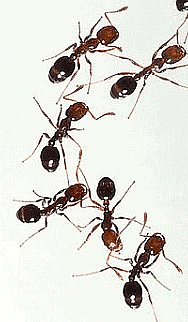Super Senses - 2 Class 5 Worksheet EVS Chapter 1
Q1: Fill in the blanks
(i) _____ sleeps 17 hours a day.
(ii) _______ make sounds to send messages inside the water body.
(iii) ________ cannot see many colors as humans.
(iv) Animals can see and ______ at night.
(v) Elephants have _________ ears.

Q2: Multiple choice Questions
(i) When a bird focuses both eyes on an object, what can it estimate?
(a) The distance
(b) The size
(c) The kind
(d) The shadow
(ii) From what distance an eagle in the sky can see roti on the ground.
(a) 100 mts
(b) 8 mts
(c) 60 mts
(d) 10mts
(iii) With which body part can a lion sense the movement and vibration in the air?
(a) whiskers
(b) tail
(c) ears
(d) paws
Q3: True or False
(i) Langurs use a special warning call to alert others of dangers like tigers or leopards.

(ii) Birds give alarm calls to warn about danger, and some birds have different sounds for different kinds of dangers.
(iii) Fishes give alarm calls by electric signals.
(iv) By tapping a desk once and listening carefully, and then tapping again while placing your ear on the desk, you can hear a difference in the sound of the tap.
(v) Some animals exhibit different behaviours when an earthquake or storm is about to occur, providing an indication of the danger.
Q4: Name the following:
(i) Who has different senses than humans?
(ii) Which insects guard their holes?
(iii) Which animal can return to the place where it releases the waste (urine or shit)?
(iv) Which part of the plant smells good?
(v) Name one bird that can see clearly far away things.
Q5: Short answer type questions
(i) Why did the ants behave the way they did when their path was blocked?

(ii) How do some male insects recognize their females?
(iii) How do mosquitoes know where you are?
(iv) How can a silkworm find its female from many kilometres away?
(v) What did a scientist discover through experiments with ants?
The solutions of the worksheet "Super Senses - 2"
|
37 videos|244 docs|41 tests
|
FAQs on Super Senses - 2 Class 5 Worksheet EVS Chapter 1
| 1. What are the different types of senses in humans? |  |
| 2. How do our senses impact our daily lives? |  |
| 3. What is the importance of sensory perception in learning? |  |
| 4. How can we improve our sensory awareness? |  |
| 5. What are some common sensory disorders? |  |





















